Welcome to the Jackson Energy Authority Learning Center! Search or browse topics to learn
more about our electric, gas, propane, water, wastewater, cable tv, internet and telephone
services. Search results include a customer category and service icon(s) in a color-coded bar to
help indicate the section where the topic can be found within the website. Explore these
sections of our website for even more helpful information.
Helpful Tip: To search topics or use the advanced search feature, keywords must be entered.
Showing all results.
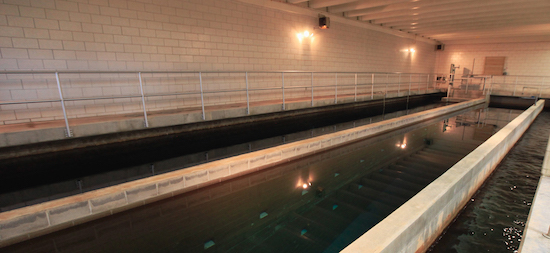

Before it arrives at your tap, Jackson Energy Authority water goes through a multi-step treatment process to remove sediment and impurities.
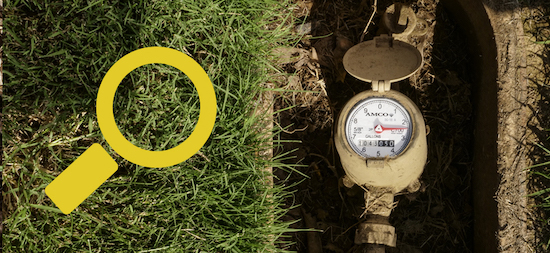

Knowing where to locate your water meter doesn’t have to be as difficult as finding a needle in a haystack.
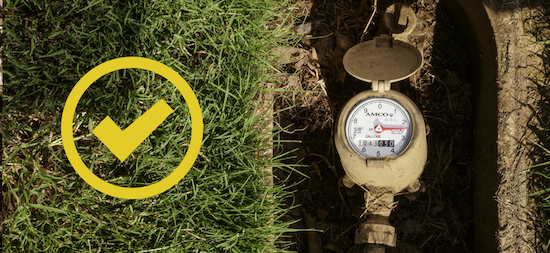

Knowing the basics of your water meter can help you monitor your water usage and be prepared in the event of an emergency.
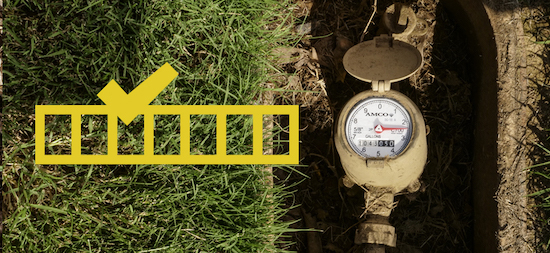

Knowing how to read your meter can help you keep a close eye on your daily, monthly and yearly water usage.
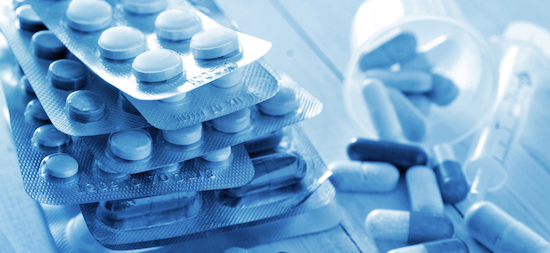

Flushing unused prescription and over-the-counter medication is not the right method of disposal for many reasons. Here’s what you should know.
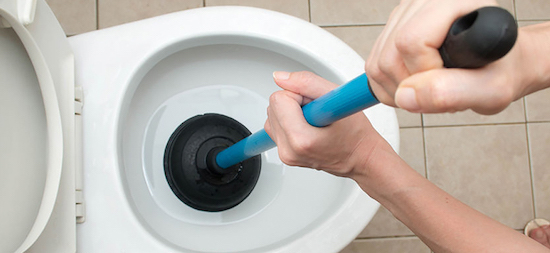

Wastewater backups can be unpleasant, costly and cause potential health risks. Using your toilet as a trash can is most often the culprit. Clean pipes = no gripes.
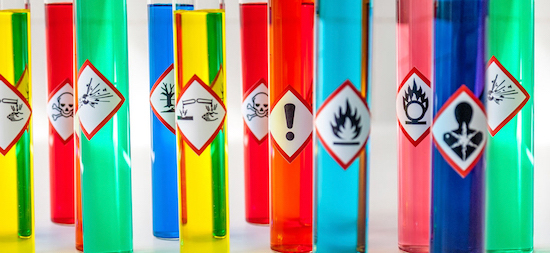

Wastewater belongs in the sanitary sewer - hazardous materials do not. These should be disposed of properly to help protect the wastewater system and the environment.
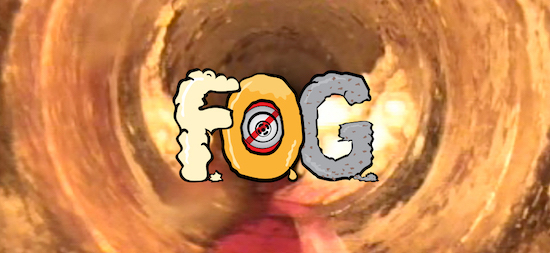

Fats, Oils and Grease from cooking and food scraps can collect in the wastewater lines and form large clogs, referred to as fatbergs, that can cause costly, damaging issues.
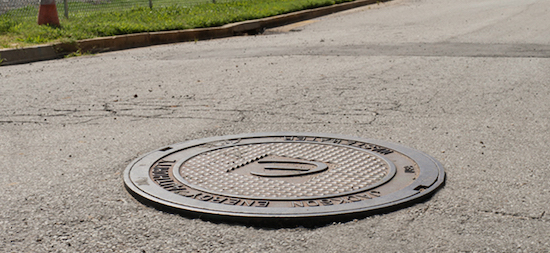

Not all drains are the same. Understanding the difference and respecting their separate purposes can help prevent environmental pollution